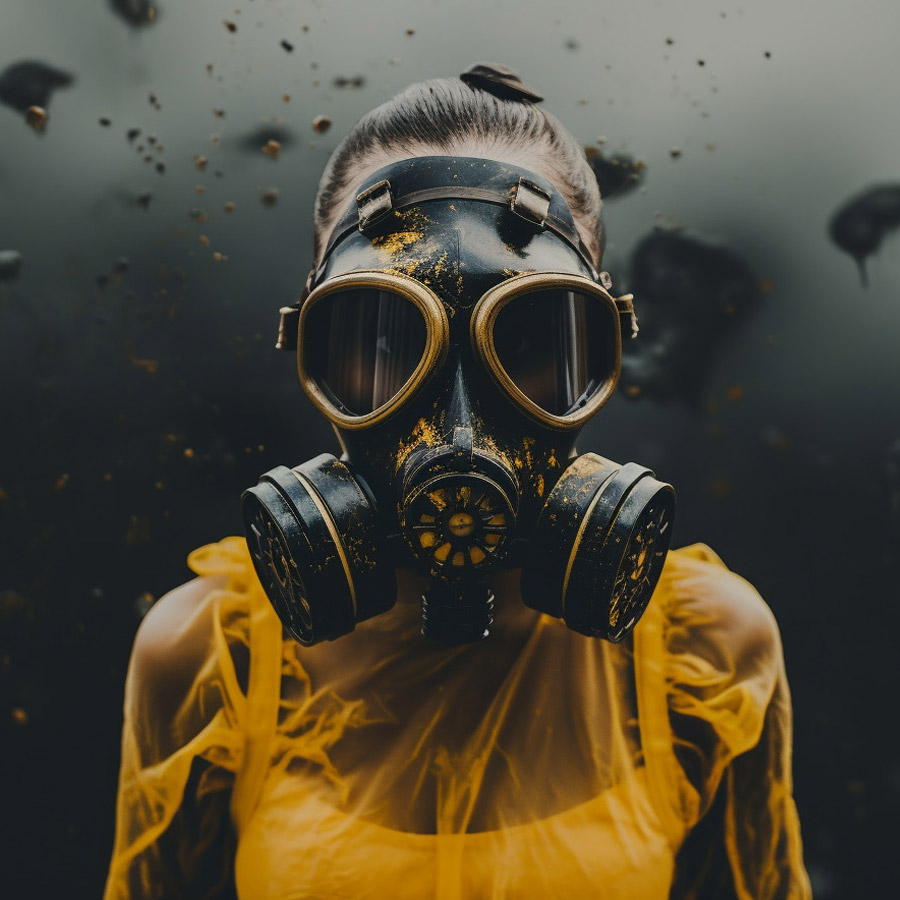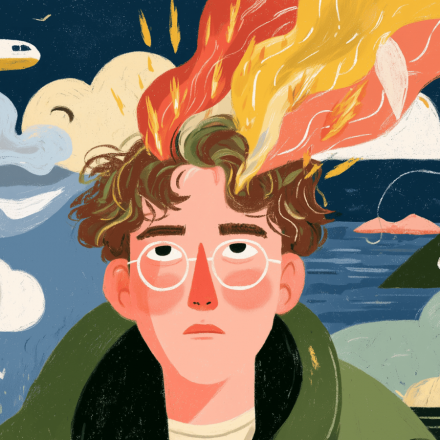There’s probably someone in your life who can ruin your mood with one sharp remark, stirs up drama out of nowhere, and doesn’t shy away from conflict, even with those who avoid confrontation. These people are toxic individuals, and dealing with them is not easy. But by understanding how to approach them, you can learn to interact without harming yourself.
What is toxicity?
Toxicity is a set of traits that negatively affect others. Toxic people may not realize they are causing problems, but their pessimism, sarcasm, and aggression "poison" the atmosphere. They often complain about life, avoid responsibility, and blame others for everything. Their favorite pastime is criticizing, gossiping, and spreading rumors. This behavior increases internal negativity and extends it to those around them.
Signs of a toxic person
It’s not always easy to recognize a toxic person, but here are a few signs that may help you identify one:
- Pessimism — constant complaints about the unfairness of life.
- Egoism — they don’t care about others' interests; their own opinions and needs are the priority.
- Conflict-prone — toxic people constantly create drama and provoke quarrels.
- Desire to control — they impose their opinion and demand to be listened to and obeyed.
- Dramatization — everything is seen through a negative lens, turning even small events into catastrophes.
- Gossip and criticism — they love discussing others negatively and are completely devoid of self-criticism.
Why do people become toxic?
Toxicity doesn’t develop out of nowhere. Several factors can contribute to its emergence:
- Toxic parents — authoritarian parenting and lack of respect for the child form a negative worldview.
- Childhood trauma — traumatic events in early life can severely affect the psyche.
- Social environment — bullying, stress, and betrayal can also trigger toxicity.
- Conscious choice — some people deliberately choose the path of toxicity, finding pleasure in making others uncomfortable.
Types of toxic people
Toxic behavior can manifest in different ways. Here are some notable types of “poisonous” individuals:
- Emotional narcissist — demanding like a spoiled child, constantly seeking attention.
- Victim — a perpetual sufferer who justifies their mistakes by blaming others
. - Dictator — controls everything and everyone, disregarding the feelings and wishes of others.
- Nitpicking perfectionist — criticizes everyone and everything and is never satisfied.
- Clingy caretaker — excessive "care" turns into clinginess and boundary violations.
How to deal with toxic people
Avoiding toxic people is the best option. But when that’s not possible, follow these guidelines:
- Don’t try to reform them — it’s a pointless task; they will only change if they want to.
- Limit communication — minimize contact and reduce the time spent with them.
- Don’t fall for provocations — stay calm and don’t respond to aggression with aggression.
- Set rules — establish boundaries so that interaction doesn’t turn into personal attacks.
Toxic people can disrupt your emotional balance, but by recognizing the signs and learning how to protect yourself, you can stay calm and manage the situation.


















